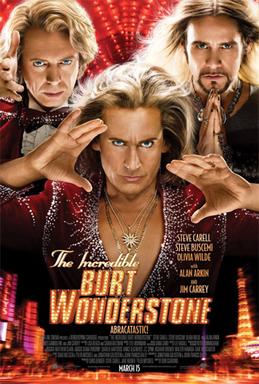 **
**After successfully (and bloodlessly) taking the city of Magnus in The Orphan King, young Thomas quickly learns that keeping a kingdom can be just as much of a challenge as acquiring one. Thomas finds himself up to his neck in political maneuvering, as the King demands his assistance in the ongoing war with the Scots, and treasonous spies try to incite the neighboring lords against him. Meanwhile, Thomas is plagued by seeming visions of the lovely (and supposedly dead) Isabelle. But it is Katherine, the kind, fire-scarred girl, who Thomas most wishes to see. Both women are drawn to Thomas, and both seek Thomas's allegiance (and his inherited collection of mystical books) for a powerful force: the Druids, who control so much of the land, and those who would oppose them. Will Thomas be able to hold Magnus in the face of these challenges? Will he align himself with the Druids, who offer limitless power and immortality? Will he side with their opponents? Or will he forge a separate path?





